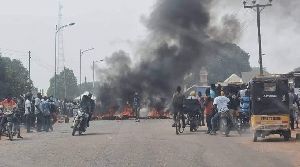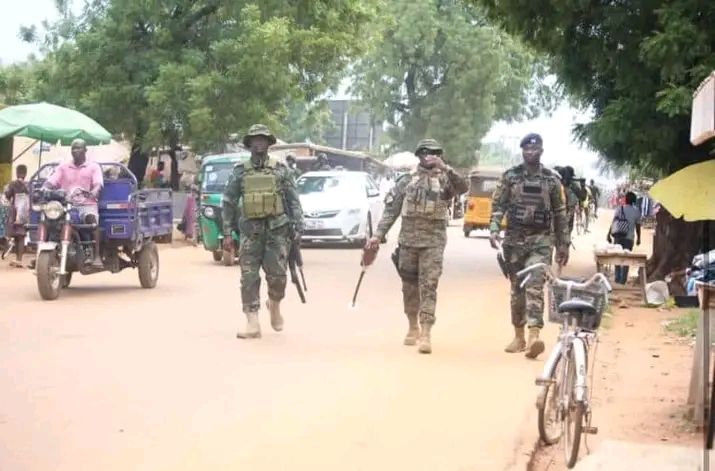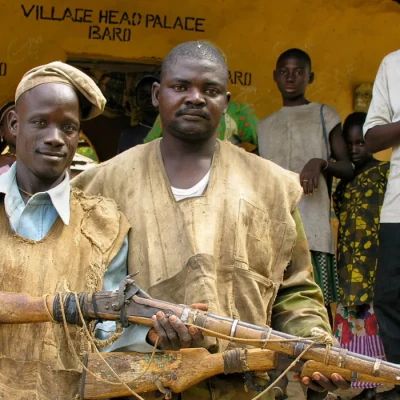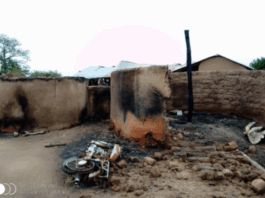
A NEWLY surfaced police document has shed fresh light on the gruesome killing of six men on December 3, 2001, in Yurongo, a suburb of Bawku in the Upper East Region.
The incident, deeply rooted in the protracted ethnic conflict in the area, remains unsolved more than two decades later — with disturbing signs that the threat, especially to youth and vulnerable persons, continues to this day.
The victims — Masaudu Ibrahim, Sumbediu, Abu Osman Sumbedia, Sule Mohammed, Zakaria Mustapha Anini, and Sulemana Abu, popularly known as “Fitter” — were all adult males. They were discovered lying under a tree with multiple gunshot wounds, indicating a calculated execution.

In a particularly heartbreaking case, a young boy named Muhammed Gafar, whose father was among the murdered victims and whose mother’s whereabouts remain unknown, has also gone missing. His disappearance symbolizes the broader vulnerability of children and youth caught in the crossfire of this ethnic strife.
According to the official police report, cited by NationalTymes.com, the attack occurred around 2:30 PM and was allegedly carried out by six unidentified gunmen believed to be from the Kusasi ethnic group. The victims were reportedly Baribari Hausa, aligned with the Mamprusi tribe, heightening fears of ethnically motivated violence.

The violence triggered panic in the community, with many residents — including families and young people — fleeing Yurongo for safety. Some have yet to return, fearing renewed attacks and lack of protection.
Despite the passage of time, the Ghana Police Service confirms that no arrests have been made, and the case remains under active investigation. Authorities have advised individuals deemed at risk to consider relocation for their safety.
The report, issued by the Bawku District Police Headquarters and dated August 29, 2025, underscores the depth of ethnic division and unresolved tensions that continue to haunt the region.
NationalTymes.com has learned that even before the recent police reminder, several Yurongo residents; especially youth and families thought to be targets, had already fled the area, citing fears of targeted killings and lack of proper state protection.

Security sources warn that while Bawku remains the epicenter of the conflict, the ethnic tensions have begun spilling into other regions, including parts of Accra, where minor attacks have been reported. Local chiefs in those areas have since issued warnings to prevent escalation.
This lingering crisis underscores the urgent need for government intervention, peacebuilding efforts, and justice. Without these, the safety of young people and the very fabric of Bawku’s future remain at risk.
NationalTymes.com will continue monitoring developments and provide updates should new incidents or breakthroughs emerge.
Source: Nationaltymes.com

















